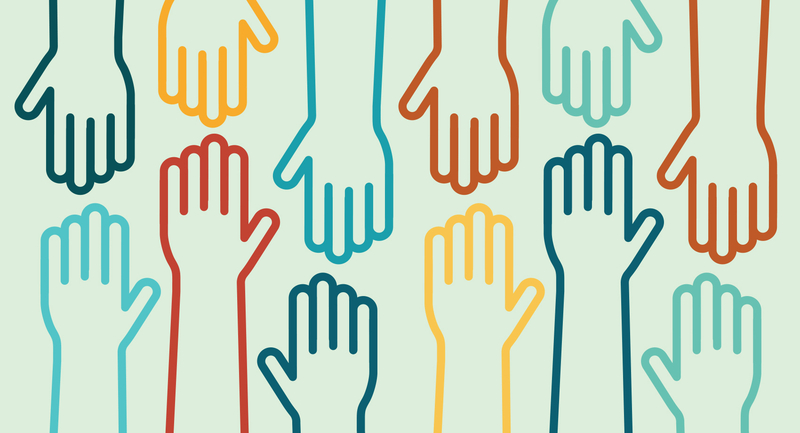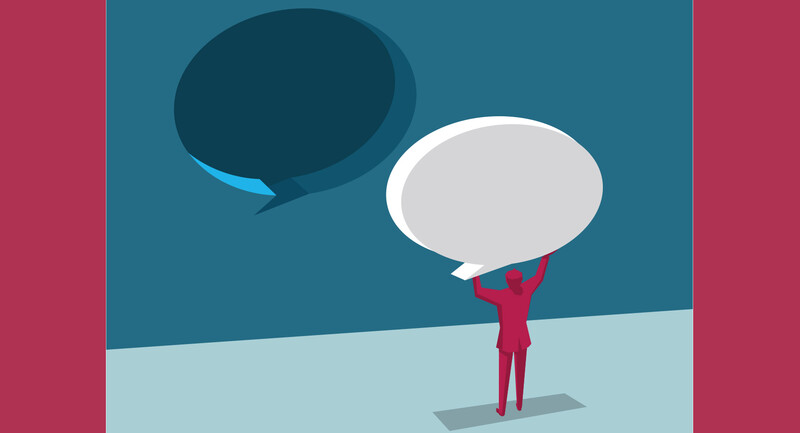Although I question the value of social media in my life, I do use it to find feel-good stories that provide a moment of self-care in dark times. So when I saw a video on my feed about a school using meditation instead of detention, I watched the video smiling, eager to take some ideas back to my classroom.
Then, I read a few of the comments on the video. This is generally a risky idea, but the majority were very positive. One comment, however, gave me pause. It said something like, "YES! This is what will FIX OUR EDUCATION SYSTEM!!" The smile left my face, and my brow furrowed.
A Bigger Picture
Mindfulness programs aren't the problem. My concern is with the group of people who look at mindfulness or social-emotional learning (SEL) programs as the be-all-end-all solution to our education system's problems—particularly the challenges that arise in historically oppressed communities. The thing is, students and families in these communities aren't struggling because no one taught them mindfulness; they are struggling because they're fighting generations of oppression in an unjust and unequal system.
Can mindfulness and SEL help communities facing systemic oppression? Absolutely, and particularly because these communities need support processing difficult experiences and emotions (often without affordable resources outside the classroom).
Still, we must look at the bigger picture. Teaching students to meditate will help manage their anger or frustration, but it won't remove a system that mass incarcerates their neighbors and family members. Giving students skills in sociol-emotional learning can help students better process and express their opinions, but it won't erase a system that was built not only to their disadvantage, but also sometimes actively set up to see them fail. Yoga can help a child feel present in their body, but it won't change the fact that our society places different values on different bodies.
Solving education inequities means looking at the entirety of the problem. It means not just learning about those who are oppressed, but also who is complicit, intentionally or not, in perpetuating injustices—including taking a long, hard look at our own actions as educators. Realizing that, even in small ways, you have been complicit in authoritarian thinking in your classroom doesn't feel good, I know. It makes you question the worth of your work and how to keep going in systems in which you are complicit. Understanding that your existence itself is steeped in colonial history is painful and forces you to reckon with your place in the world.
Beauty and Heartbreak
I'm not advocating for a descent into dark cynicism. I want teachers to be truly mindful: present and aware of what is around us, both beautiful and heartbreaking. In Tricycle, a magazine on Buddhist teachings, thought leaders Akincano Weber and Stephen Batchelor share that being mindful means looking at the things in life that may hurt:
"There is a tendency to isolate mindfulness as either a specific mind function or as a universal panacea that immediately makes us feel good. Mindfulness is presented as creating a safe, happy place where I can savor the world of my senses. That notion has to be challenged. … Mindfulness is a total embrace of life itself, which includes its richness and the beauty but also opens us up to its tragic and painful dimension—the things that we prefer to forget."
For educators to create classrooms where students can truly practice mindfulness, we must do the work to understand the challenges our students face, the world they inhabit, and our roles in it. We must learn the history of the community where we teach and create assignments where students share their voices, explore their hurts, or question themselves. We must open our classrooms to the full spectrum of human experience, both beauty and heartbreak.
Meditation and yoga are tools my students and I can use to prepare for, or feel restored after, difficult or emotionally charged work on social injustices. For example, when I am in a heavy discussion about race, mindful breathing and acknowledging my emotions helps me move away from feeling defensive or angry and toward a constructive conversation.
Mindfulness is not the solution; it's a tool. Simply because we are using these tools does not mean we can shirk our responsibility to work alongside our students to understand and fight systemic injustice. We must use mindfulness to restore us for the difficult but worthwhile path
we walk with our students toward a society that provides them with everything they deserve.
we walk with our students toward a society that provides them with everything they deserve.









